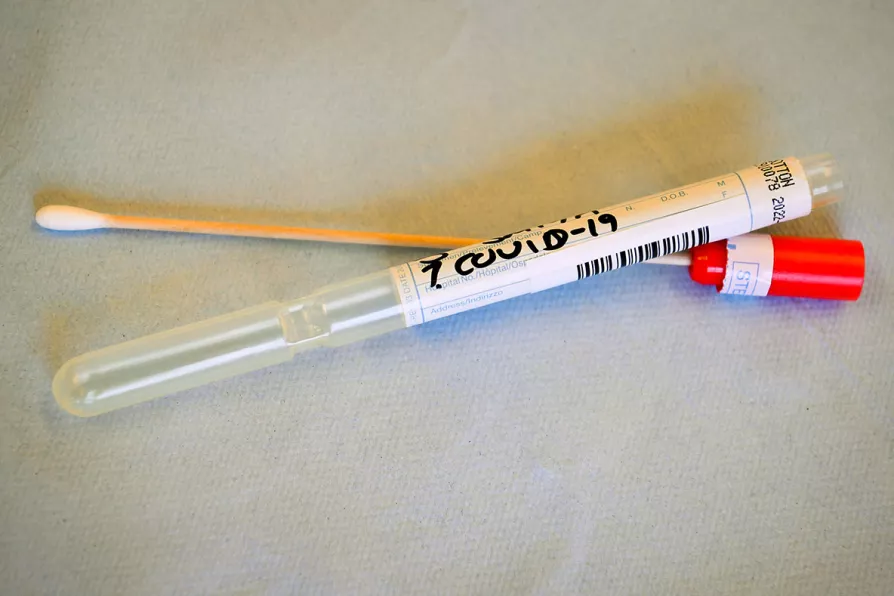As tens of thousands return to the streets for the first national Palestine march of 2026, this movement refuses to be sidelined or silenced, says PETER LEARY
Coronavirus: the waiting period
Drastic public health measures against Covid-19 have not yet been implemented in Britain but are imminent. What do we do until then, asks SCIENCE AND SOCIETY


Control measures are crucial to reduce the overwhelming of the total healthcare system capacity by COVID-19
IN Illness as Metaphor, Susan Sontag wrote: “Any disease that is treated as a mystery and acutely enough feared will be felt to be morally, if not literally, contagious.” Although the Covid-19 situation is changing rapidly by the day — at the time of writing, five people have died in Britain and there are 319 confirmed cases — the disease has not yet truly arrived.
Normal life continues, nervously. For most people, Covid-19 remains a mystery and the main contagion is fear. So far, the government has held off putting in place drastic public health measures. Major disruption has not yet arrived. But with evidence from the spread elsewhere, it is certain that it will, and soon.
Similar stories

Ben Cowles speaks with IAN ‘TREE’ ROBINSON and ANDY DAVIES, two of the string pullers behind the Manchester Punk Festival, ahead of its 10th year show later this month

JESSICA WIDNER explores how the twin themes of violence and love run through the novels of South Korean Nobel prize-winner Han Kang

The murder of an anti-racist protester in 1979 by a special unit of the Met Police was followed by a gruelling battle to win answers about what happened on that tragic day. Now material related to that campaign is available to the public and researchers for the first time at the Bishopsgate Institute. INDIANNA PURCELL reports

CAROLINE FOWLER explains how the slave trade helped establish the ‘golden age’ of Dutch painting and where to find its hidden traces










